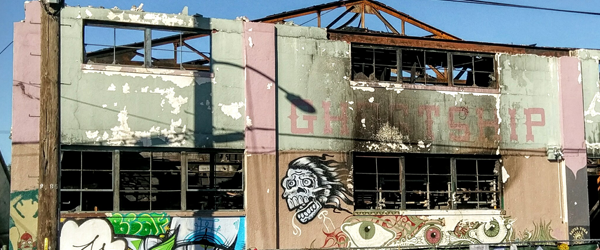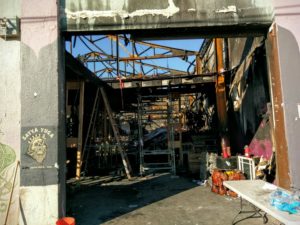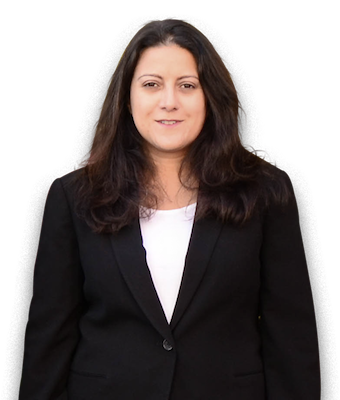 In December, we saw a terrible tragedy close to my San Francisco Office – the Oakland Warehouse Fire. In fact it is being marked as the deadliest building fire in California since 1906 which happened during the San Francisco Earthquake. 36 lives were lost in Oakland during the fire and on Saturday, March 4th the Alameda County Coroner’s Bureau confirmed all of 36 deaths as caused by smoke inhalation. It is catastrophic.
In December, we saw a terrible tragedy close to my San Francisco Office – the Oakland Warehouse Fire. In fact it is being marked as the deadliest building fire in California since 1906 which happened during the San Francisco Earthquake. 36 lives were lost in Oakland during the fire and on Saturday, March 4th the Alameda County Coroner’s Bureau confirmed all of 36 deaths as caused by smoke inhalation. It is catastrophic.
The Oakland warehouse was not permitted to be residential yet had been converted partially into living units and people were living there when the fire happened. The SFGate has more information on the warehouse and its conversion if you’re interested in reading about it. If you are a renter injured on a rental property, the law of premises liability outlines the rules and responsibilities that apply to landlords. If you are a renter, let’s look at what you need to know.
- In general, a California landowner must use reasonable care in maintaining their property in order to prevent an unreasonable risk of harm. (Rowland v. Christian (1968) 69 CaI.2d 108; Civ. Code § 1714.).
- A negligence analysis must be used to evaluate liability – as explained by the Supreme Court in Rowland: “The proper test applied to the liability of the possessor of land [according to section 1714 of the Civil Code] is whether in the management of his property, he has acted as a reasonable man in view of the probability of injury to others.”
- Pursuant to Evidence Code § 669(a), a landlord’s failure to exercise due care will be presumed if the landlord violated a statute, ordinance, or regulation of a public entity.
- A condition gives rise to the level of “dangerous” if it will expose a user of the premises to an unreasonable risk of harm.
- A landlord is afforded a reasonable time to remedy a reported condition.
- In the instance of an employee’s negligence, a landlord assumes responsibility for the acts of employees committed within the course and scope of employment.
- A landlord has a duty to warn of hidden and concealed dangers before they are met though there is less case of duty to warn if the danger is obvious.
- Landlords do not have a duty to insure the safety of their property to others but rather to simply use ordinary care in keeping the premises reasonably safe and to give warnings of latent or concealed perils. (Brown v. San Francisco Ball Club, Inc. (1950) 99 Cal.App.2d 484,486.)

The above is only a fraction of what a renter needs to know about premises liability law and the scope of the landlord’s duty, but it’s also quite a lot of information to take in all at once. In general, what the above simplifies into is the reasonableness of what can be expected of a landlord. As a renter you should understand that landlords and owners of other types of buildings are held to standards that are set out in statutes, ordinances, and regulations put in place by public entities of your region to keep you safe – building owners are not exempt from responsibility no matter how big or small. So if you rent the granny-unit behind the home of your landlord, they still have a duty of care to you. But “dangerous” is not something you get to define yourself, nor do you get to demand something be repaired yesterday on your first phone call to report it. It is important to note that once a tenant takes possession of the property, the landlord’s knowledge of a defect and the ability to reenter the premises are facts used to evaluate whether or not the landlord used reasonable care to maintain the premises.
Now there are lots of dangers to a tenant that are “dangerous” by the above definition. Without being an expert on city ordinances, you can probably easily think of five things off the top of your head that would qualify as causing an unreasonable risk of harm around a home. If you or someone you love has been physically injured in a rental property, at someone else’s home, or at a commercial building, take that first step and talk to a premises liability attorney, who knows the law.
